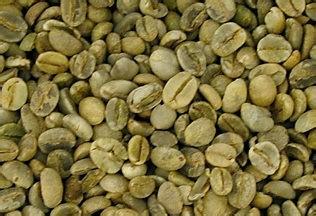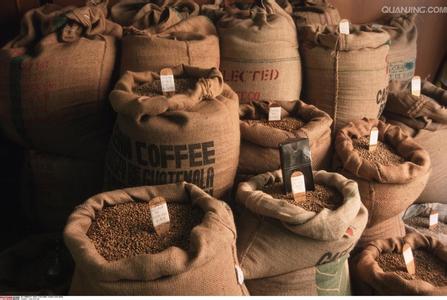Which countries are mainly exported to the graded production areas of Ethiopian coffee beans
Coffee is Ethiopia's most important export cash crop and the main source of Ethiopia's foreign exchange earnings. Ethiopia's coffee exports account for about 3% of the world market, making it the eighth largest coffee exporter in the world. Coffee exports increased steadily from 58000 tons in 1990 to 110000 tons in 1995-1996 and remained at this level in the following years. The export volume exceeded 110000 tons from 2001 to 2002 and reached 127000 tons from 2002 to 2003. As the price of coffee on the international market has been declining for a decade, Ethiopia's foreign exchange earnings have been seriously affected. Before the sharp drop in coffee prices, coffee exports accounted for more than half of Ethiopia's foreign exchange earnings, but now they account for only about 35 per cent. But according to the International Coffee Organization, coffee prices began to pick up in 2002
Arabian coffee is the hometown of Arabian coffee, which grows at high latitudes and needs a lot of manual care. Here is the famous Ethiopian mocha, which is sour, fragrant and productive similar to wine.
Unfortunately, some farmers still do not understand the benefits of picking fruit and allow them to fall behind and pick it up from the ground, but in recent years, due to the continuous expansion of the market, coffee industry is committed to improving harvesting and processing methods, hoping to increase production.
In Ethiopia, the grading and quality control system of coffee is divided into three levels: producer, regional and national. All coffee is inspected by local inspection agencies before leaving the country of origin, and then re-tested at the coffee inspection and grading centers in Addis and Diredawa to determine its quality grade. Coffee is graded before auction and sale and is important for all groups involved in production, acquisition, export and consumption. Before export, coffee must also be sent to a national quality control agency for inspection to confirm that the origin and color meet the export standards to ensure the reputation of Ethiopian coffee.

Important Notice :
前街咖啡 FrontStreet Coffee has moved to new addredd:
FrontStreet Coffee Address: 315,Donghua East Road,GuangZhou
Tel:020 38364473
- Prev

Burundi Coffee Bean Flavor Where to Buy Price Origin Profile
Starbucks has sponsored Burundian coffee management committee officials to study overseas in order to help Burundi integrate into the world coffee market as soon as possible, and Starbucks executives will visit Burundi this month to discuss cooperation matters with relevant parties, the East African newspaper reported on the 8th. Coffee is Burundi's main export.
- Next

Description of characteristic flavor of Costa Rican coffee beans A brief introduction to the taste grinding scale
A brief introduction to the characteristics and flavor description of Costa Rican coffee beans A brief introduction to the grinding scale of Costa Rican coffee has full particles, ideal acidity and unique strong aroma. Costa Rica's coffee industry, originally controlled by the Costa Rican Coffee Industry Company (InstitutodelCafdeCostaRica, ICAFE), has been taken over by the official Coffee Committee (OficinadelCaf).
Related
- Detailed explanation of Jadeite planting Land in Panamanian Jadeite Manor introduction to the grading system of Jadeite competitive bidding, Red bid, Green bid and Rose Summer
- Story of Coffee planting in Brenka region of Costa Rica Stonehenge Manor anaerobic heavy honey treatment of flavor mouth
- What's on the barrel of Blue Mountain Coffee beans?
- Can American coffee also pull flowers? How to use hot American style to pull out a good-looking pattern?
- Can you make a cold extract with coffee beans? What is the right proportion for cold-extracted coffee formula?
- Indonesian PWN Gold Mandrine Coffee Origin Features Flavor How to Chong? Mandolin coffee is American.
- A brief introduction to the flavor characteristics of Brazilian yellow bourbon coffee beans
- What is the effect of different water quality on the flavor of cold-extracted coffee? What kind of water is best for brewing coffee?
- Why do you think of Rose Summer whenever you mention Panamanian coffee?
- Introduction to the characteristics of authentic blue mountain coffee bean producing areas? What is the CIB Coffee Authority in Jamaica?

